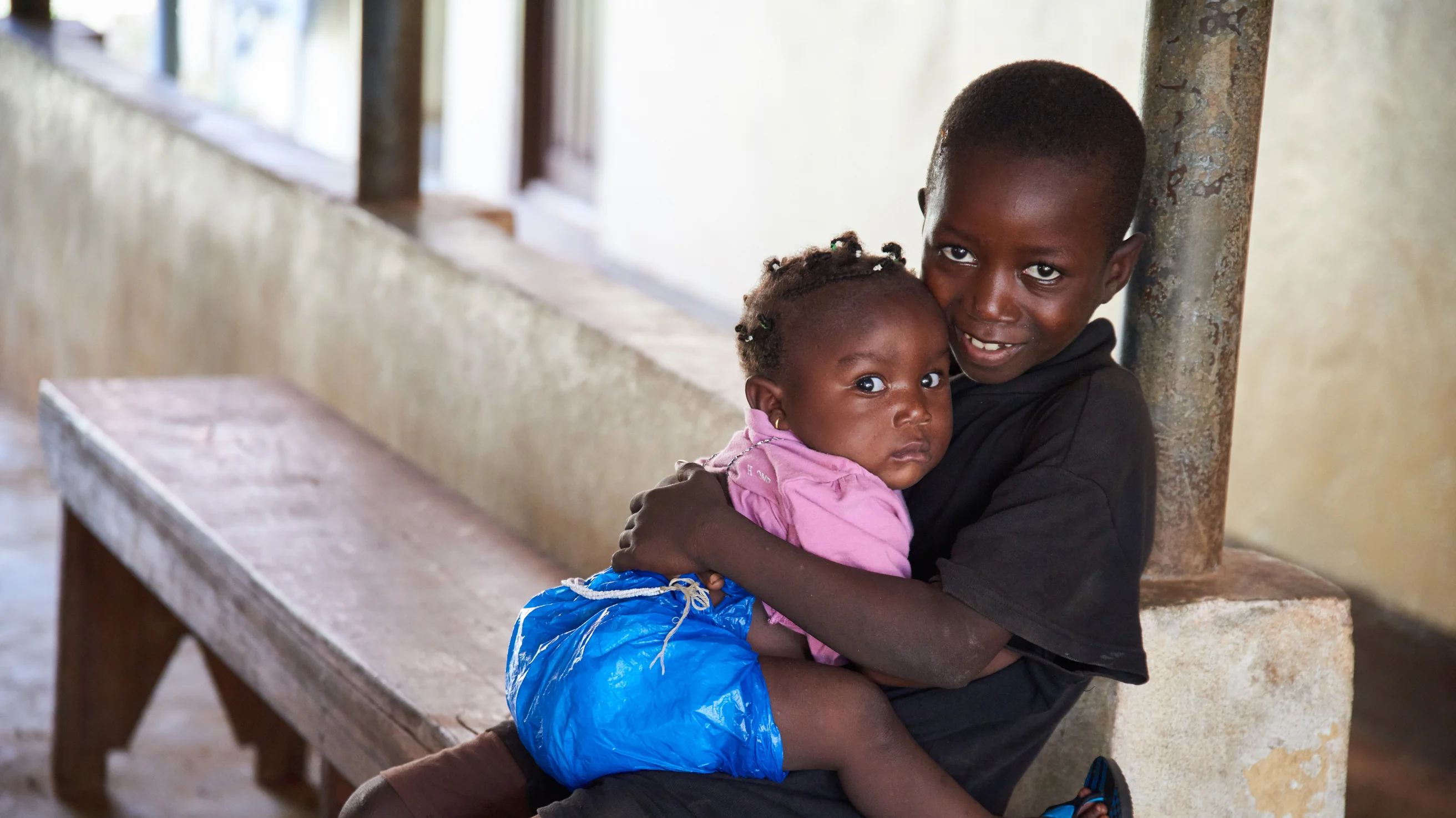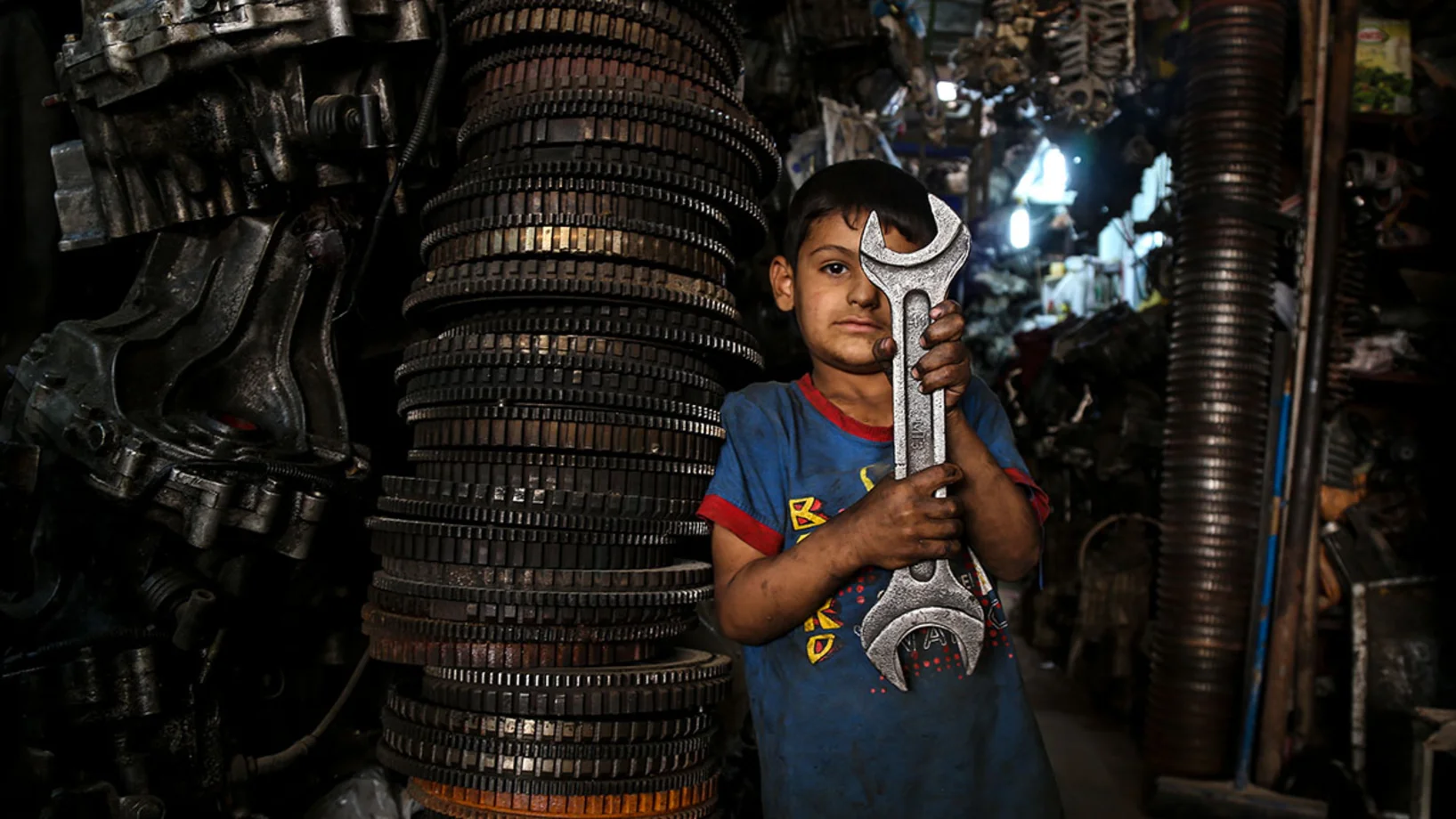Millions of children worldwide are victims of violence, exploitation and abuse. This includes child trafficking, prostitution, hard labor, early marriage and female genital mutilation (FGM). In cooperation with governments and both national and international partners, UNICEF provides targeted care for affected and endangered children.
UNICEF programs in the field of child protection
The situation
Violence against children occurs across all social classes and age groups. Some children are particularly at risk of exploitation and abuse, however, such as girls who are married off too early, children in armed conflicts, street children, orphans and children from very poor families.
Exploited and abused children almost always suffer from physical and mental health problems. Many do not go to school, and those who do attend classes often struggle with learning difficulties. Some try to numb their suffering with alcohol and drugs. These experiences affect them throughout their later lives.
How UNICEF helps
Children have a right to be protected from violence, exploitation and abuse. UNICEF holds governments accountable, requiring them to develop and implement legal frameworks to protect children. One important initial goal is to collect data, because a large number of rights violations take place in secret.
- UNICEF is committed to full birth registration.
- UNICEF is committed to ensuring that children who need to earn money can at least attend classes before or after work.
- UNICEF helps to provide medical and psychological care for victims of violence and sexual exploitation and promotes their integration into society.
- UNICEF supports care services for child victims of human trafficking and carries out information campaigns.
- UNICEF is committed to ending FGM.
- UNICEF supports contact points for street children and trains social workers and police officers on child protection.
- UNICEF helps to provide psychological care for children traumatized by war and promotes integration programs for former child soldiers.








